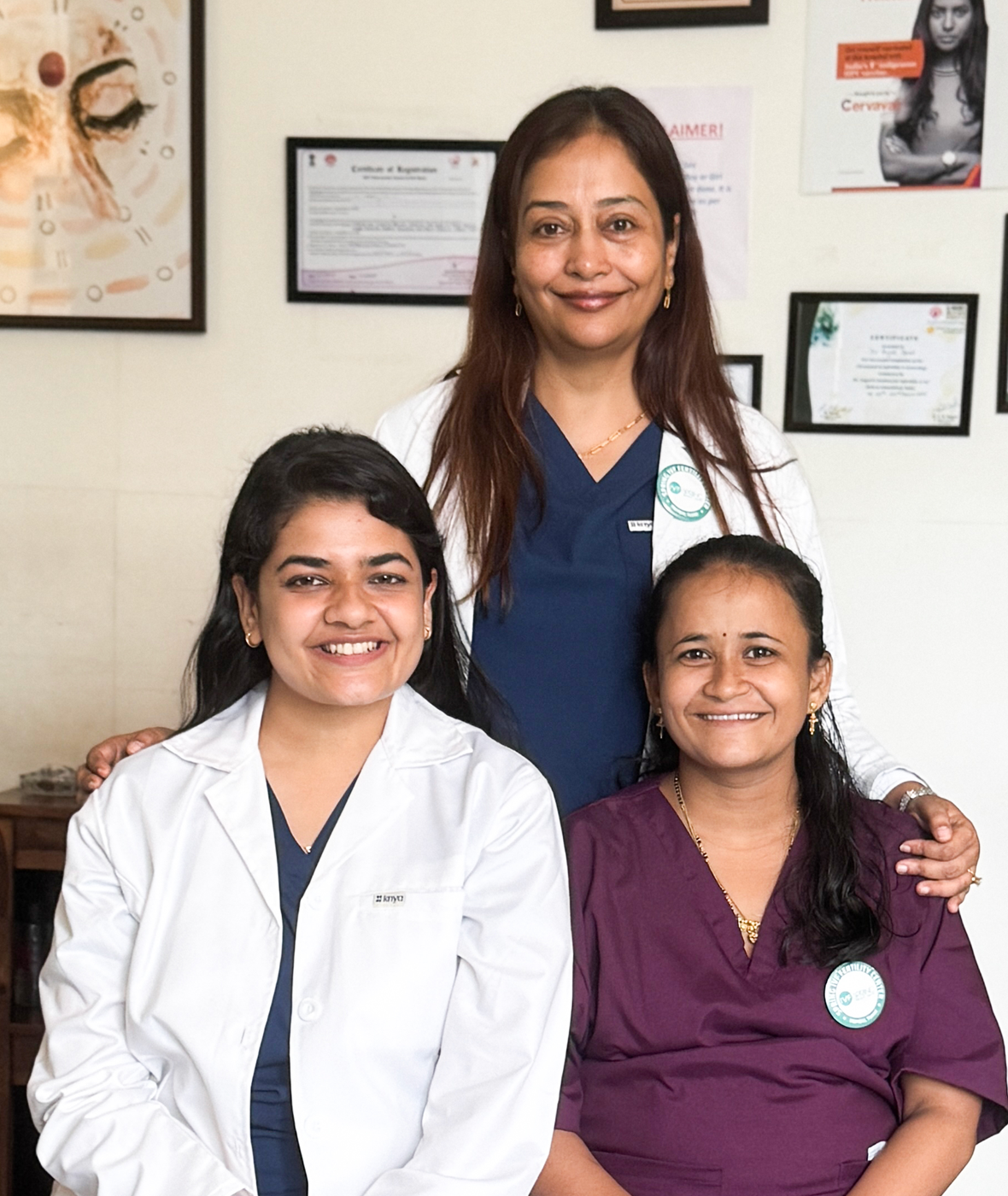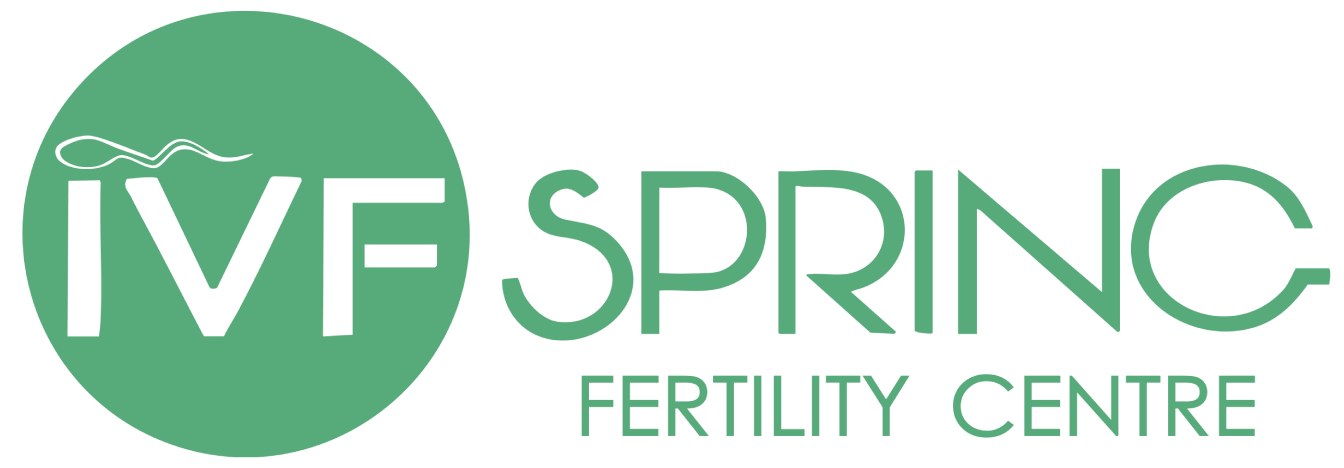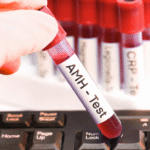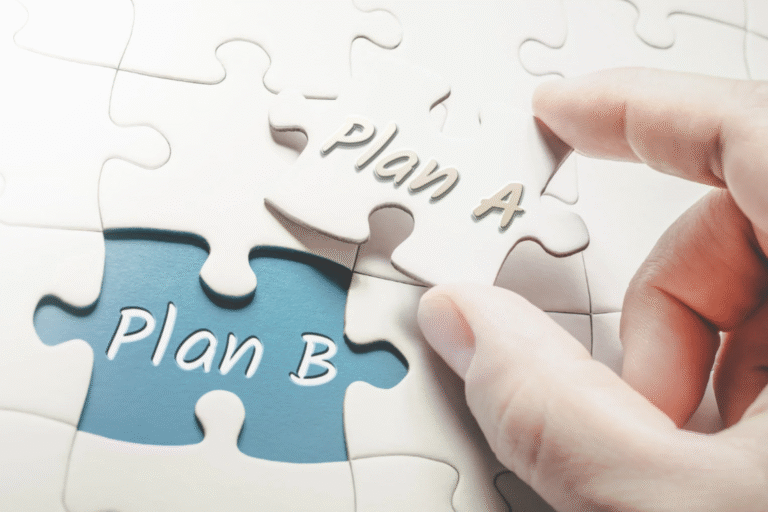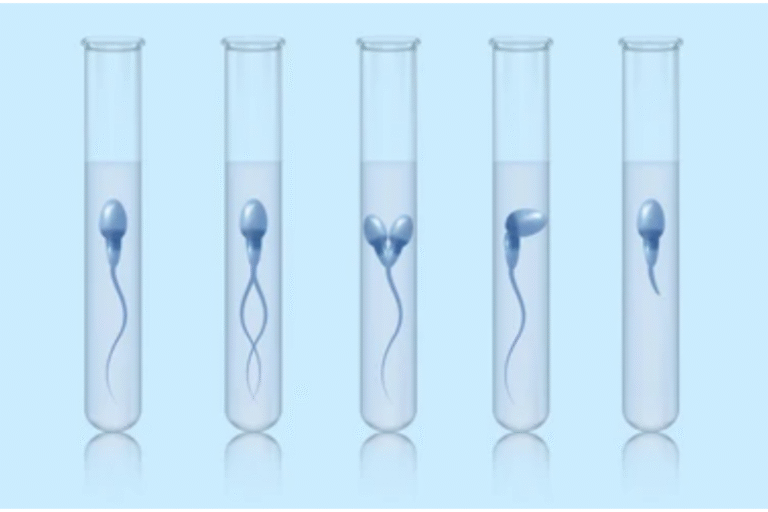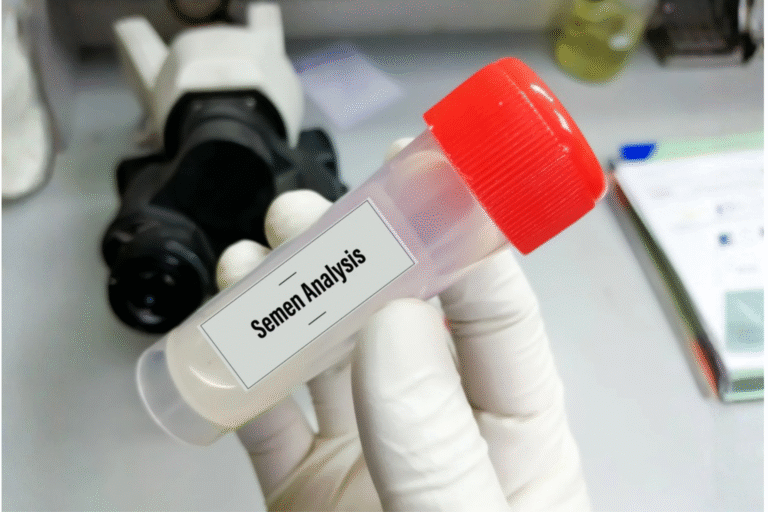If you’re reading this while quietly researching donor eggs, wondering if this could be your path—this conversation is for you.
No one starts their fertility journey planning to use donor eggs. You imagined your own eggs, your own genetics, a baby who looks like you. And now someone—your doctor, maybe—has mentioned donor eggs, and you’re sitting with a grief you didn’t expect to feel.
Let’s be honest: considering donor eggs means grieving. It means letting go of something you thought would be yours. And that loss is real, even if donor eggs ultimately lead to your baby.
If you’re in this moment right now—weighing this decision, feeling confused, scared, or heartbroken—this conversation is for you.
When Doctors Start Talking About Donor Eggs
Donor eggs typically come up when your own eggs are unlikely to lead to a successful pregnancy. Here are the most common situations:
Diminished ovarian reserve (DOR): Your AMH is low, your antral follicle count is low, and despite stimulation medications, your ovaries aren’t producing many eggs. You might be retrieving 1-3 eggs per cycle, or none at all.
Poor egg quality: You’re producing eggs, but they’re not fertilizing well, not developing into embryos, or not resulting in pregnancy. This is strongly age-related—egg quality declines significantly after 37 and dramatically after 40.
Repeated IVF failures: You’ve done multiple cycles with your own eggs, gotten embryos, and they either don’t implant or result in miscarriage. PGT-A testing might show most or all embryos are chromosomally abnormal.
Recurrent miscarriages: Multiple pregnancy losses, especially if testing suggests chromosomal issues with the embryos.
Premature ovarian insufficiency (POI): Your ovaries have stopped functioning normally before age 40, and you’re not producing eggs.
Genetic conditions: You carry a genetic mutation you don’t want to pass to your child, and PGT testing hasn’t yielded unaffected embryos.
Previous cancer treatment: Chemotherapy or radiation may have damaged your eggs or ovarian reserve.
There’s no single “right time” to consider donor eggs. For some women, it’s after one failed cycle when age and testing suggest their eggs are the main issue. For others, it’s after years of trying with their own eggs. Your timeline is yours.

The Numbers You Need to Know
Here’s the reality that’s both hopeful and hard: donor egg IVF has significantly higher success rates than using your own eggs if you’re over 40 or have egg quality issues.
Success rates with donor eggs are typically 50-70% per fresh donor cycle for live birth—some of the highest success rates in all of fertility treatment. This is because donor eggs come from young, healthy women (usually under 30) with proven egg quality.
Compare this to using your own eggs over age 40, where success rates range from 5-20% per cycle. By age 43-44, the success rate with your own eggs drops below 5%.
The lesser-known truth: With donor eggs, your age as the recipient matters. A 45-year-old woman using donor eggs from a 25-year-old has similar success rates to a 30-year-old using the same eggs. The age and quality of the egg is what primarily drives success, with the age of the uterus also playing a role.
This means donor eggs can dramatically change your odds—but it doesn’t make the decision emotionally easier.
The Questions You're Probably Asking Yourself
“Am I giving up too soon?”
Only you can answer this, but consider: How many cycles have you done? What do the numbers show? What does your doctor genuinely think your chances are with your own eggs?
Sometimes one more cycle makes sense. Sometimes it’s pouring money and emotion into diminishing odds. An honest conversation with your doctor about realistic expectations is crucial.
“Will I feel like it’s really my baby?”
This fear is universal and completely valid. Here’s what we hear from women who’ve used donor eggs and now have children: the vast majority say it feels completely like their baby. You carry the pregnancy. Your body nourishes and grows this child. You give birth. You’re the one up at 3 AM. Genetics are only one part of parenthood—and for most, not the part that ends up mattering most.
Both can be true: you might deeply want a genetic child, and you might also deeply love a child conceived with donor eggs.
“What do I tell people? What do I tell the child?”
These are deeply personal decisions. Some families are open about using donor eggs. Others keep it private. There’s no universally “right” answer, what matters is deciding what feels right for your family, not what others think you should do.
“Can I afford it?”
Donor egg IVF is expensive—typically costing more than regular IVF because you’re paying for the donor’s screening, cycle management, and sometimes legal fees. Costs in India vary but can be substantial. Talk to your clinic about what options exist, what’s included, and what realistic total costs look like for your situation.

How to Make This Decision
Talk to your doctor honestly: Ask direct questions. What are my realistic chances with my own eggs? How many more cycles make sense? What would you do in my situation?
Get a second opinion: It’s okay to consult another fertility specialist before making this decision. Different doctors may have different assessments or approaches.
Consider counseling: A therapist specializing in fertility can help you process grief, explore your feelings, and make decisions that feel right for you. Many clinics offer this service or can refer you.
Talk to people who’ve been there: If possible, connect with others who’ve used donor eggs. Hearing their experiences—the grief, the decision-making process, the outcomes—can help you feel less alone.
Give yourself time: Unless there’s a medical urgency, you don’t have to decide immediately. It’s okay to sit with this decision, feel all your feelings, and move forward when you’re ready.
If you’re considering donor eggs, or if your doctor has raised it as an option, let’s have an honest conversation. We’ll review your situation, discuss realistic success rates with your own eggs versus donor eggs, explore your options, and help you make the decision that feels right for your family.
Book a consultation with us to discuss this path openly—with compassion, clarity, and without pressure. We also offer counseling referrals to help you process this decision emotionally.
Because this isn’t just a medical decision. It’s one of the most personal choices you’ll ever make, and you deserve support every step of the way.
